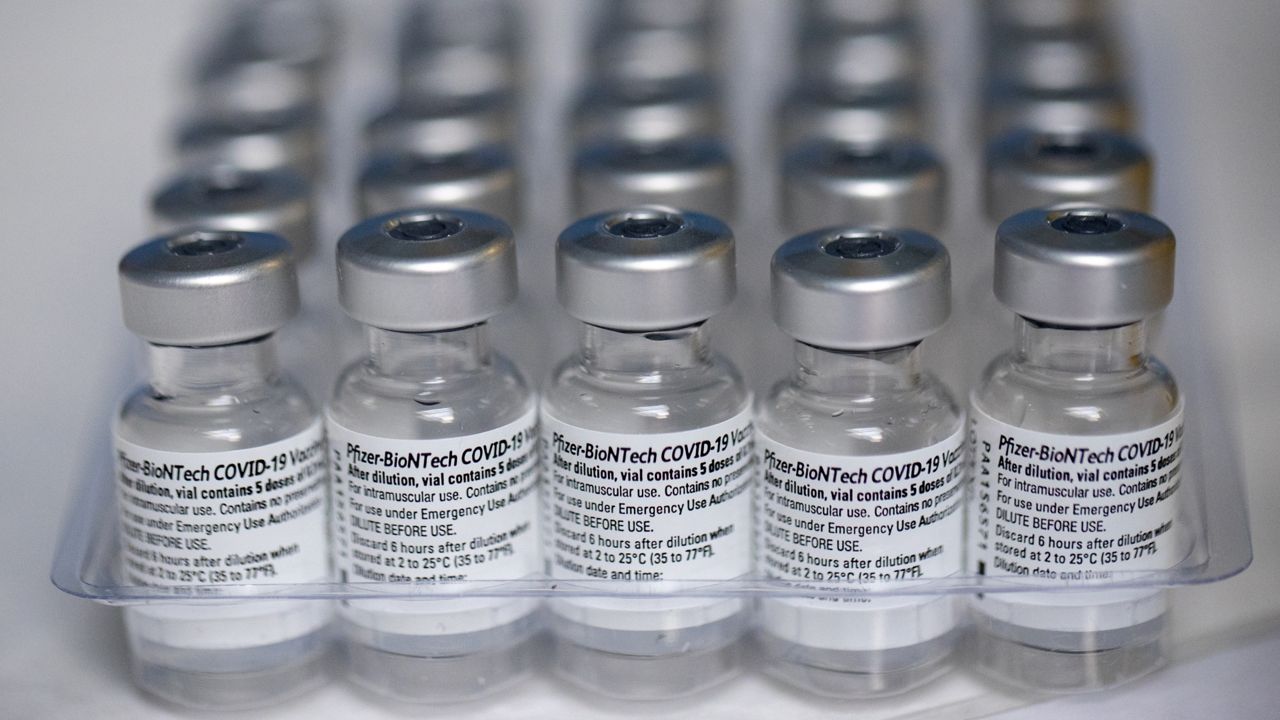Pfizer and BioNTech on Friday announced that they are seeking emergency approval from the Food and Drug Administration to administer their COVID-19 vaccine to children aged 12-15.
The Pfizer-BioNTech COVID-19 vaccine was granted emergency use authorization from the agency in December of last year, but was only approved for use in individuals 16 years and older.
Friday’s request comes several weeks after the company published results of its Phase 3 trial in adolescents, which “demonstrated 100 percent efficacy and robust antibody response after vaccination with the COVID-19 Vaccine,” per a release.
In the vaccine study of 2,260 U.S. volunteers ages 12 to 15, preliminary data showed there were no cases of COVID-19 among fully vaccinated adolescents compared to 18 among those given dummy shots, Pfizer reported.
"These submissions represent a critical step in Pfizer’s and BioNTech’s ongoing efforts to support governments in broadening global vaccination efforts," the request read in part. "The companies look forward to working closely with the U.S. Food and Drug Administration (FDA) and other worldwide regulatory authorities as part of the companies’ efforts to expand emergency or conditional authorization of their COVID-19 vaccine in 12- to 15-year-olds as quickly as possible."
Vaccinating children of all ages will be critical to stopping the pandemic — and helping schools, at least the upper grades, start to look a little more normal after months of disruption. The other two coronavirus vaccines currently approved for emergency use in the United States, from Johnson & Johnson and Moderna, are approved for use in people 18 years and older.
Pfizer says it will seek similar updated approval from worldwide regulating agencies in the coming days.
Pfizer likely won't be the only company seeking to lower the age limit for its vaccine.vResults also are expected by the middle of this year from a U.S. study of Moderna’s vaccine in 12- to 17-year-olds.
But in a sign that the findings were promising, the FDA already allowed both companies to begin U.S. studies in children 11 and younger, working their way to as young as 6-month-old.
“We are longing for a normal life. This is especially true for our children,” BioNTech CEO Ugur Sahin said in a statement.
The Associated Press contributed to this report.



